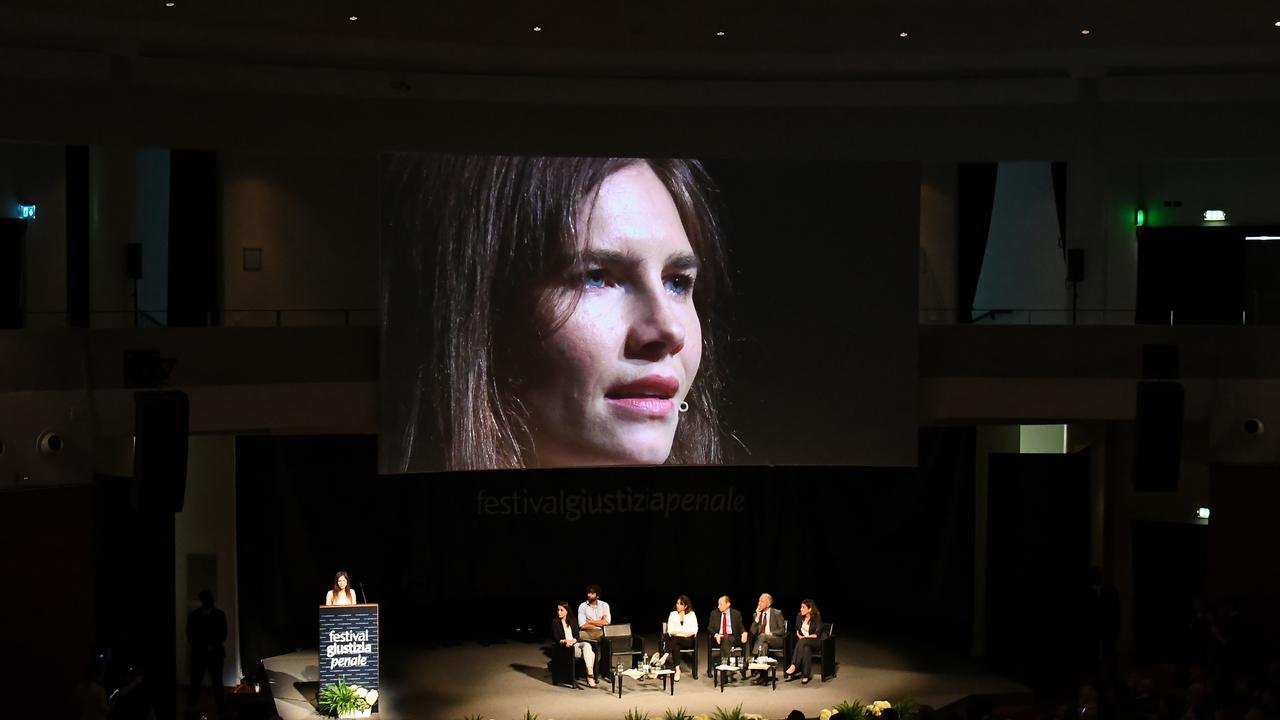Between science and sanctity
IT is not often that we encounter devout American Christians who write literary fiction.
IT is not often that we encounter devout American Christians who write literary fiction (John Updike, an Episcopalian, was the exception who proved the rule), and it is even rarer to find anyone these days steeped in the literature of Protestantism, from John Calvin to Karl Barth.
Yet it is this combination of unrepentant religiosity and literary skill that has made Marilynne Robinson one of the most formidable voices in fiction.
While the story of her career as a novelist seems made for myth (one austere early masterpiece, Housekeeping, then a 24-year silence before the immensely popular and critically acclaimed Gilead), I would argue that the nonfiction writings that arrived in between are just as beautiful, and even more significant for a proper understanding of the present.
It is no exaggeration to say that 1991's essay collection The Death of Adam was one of the more radical books published during that decade: radical, because each piece in it was lit with religious feeling. When attacking social Darwinism or economic fundamentalism Robinson did so using the moral imperatives of the New Testament rather than the secular counter-narratives of Marxism and its more recent offshoots.
And when, as she did in a haunting essay called Psalm Eight, Robinson explicitly celebrates the old texts that provide her faith with its ultimate authority, her language takes on the heightened eloquence of those great 19th-century transcendentalists, Emerson and Thoreau.
But what of a world where that context is stuck fast in the improbable, where words like "miraculous" have no place, where the very idea of a subjective self capable of perceiving these miracles is in doubt?
Such is the environment in which Absence of Mind, Robinson's new work of nonfiction, proceeds.
Stitched together from four lectures originally given under the auspices of the Terry Lectureship at Yale, which invites pre-eminent scholars to discuss how developments in science and philosophy inform religion, Absence of Mind sets out to trace the way mind -- in its earlier, metaphysical sense -- has been banished from modern ideas of what the self is.
Robinson's contributions, which take on everything from quantum mechanics to Auguste Comte's positivism, are as daunting in their intellectual reach as they are elegant in expression; no amount of rhetorical delicacy and tact, however, can disguise the righteous anger of her critique.
In recent decades, neo-Darwinist thinkers have proposed a model of the brain that supersedes the old-fashioned mind which Shakespeare believed made the body rich.
Robinson is disturbed by the idea of being nothing more than meat that thinks, and believes the implications of such ideas are profound: "Whoever controls the definition of mind", she asserts, "controls the definition of humankind itself, and culture, and history."
The origins of the neo-Darwinists who currently speak in science's name are so complex that Robinson is necessarily sweeping in summary. However, her explanation runs something like this: scientific literature first emerged in polemical opposition to Western religion, and this antipathy has survived science's unseating of Christianity as the dominant way of thinking about the world and our place in it.
But Robinson suggests that this long modernity inaugurated by Darwin, Marx, Freud and Nietzsche -- and magnificently extended into the 20th century through the discoveries of Einstein and Bohr, Crick and Watson -- has grown sclerotic in the 21st. As other disciplines have gradually absorbed the lessons of evolution and psychoanalysis, genetics and quantum theory, a consensus has hardened.
Some old assumptions have come to be regarded as fixed and inevitable. Meanwhile, others have been "exposed for all time and for all purposes as naive and untenable, supplanted by better understanding".
So it is that many of the fruits of pre-scientific civilisation have been proven defunct. In the modern consensus Robinson decries, religion is a cargo cult for the weak and suggestible, while the metaphysical tradition that ran from Homer to Heidegger is no more than an ignorant preamble to the real knowledge of the world that science provides. The arts are marginalia in Science's new and all-encompassing text.
This declension, from the Renaissance's Homo Universalis to a carrier of selfish genes governed by a damaged psyche, is anathema to Robinson. Whether we are blindly driven by biological necessity or threatened by the hostile, overwhelming reality Freud describes, in each case our minds are "passive conduits of other purposes than those the mind ascribes to itself". The essential fact of our current condition, she argues, is that our minds are no longer our own.
As a religious person who writes, Robinson is doubly incensed by the radical impoverishment of human experience that follows from this banishment of mind. And while the lectures read in many ways as a recapitulation of earlier essays, one can feel the language buckle and warp sometimes under the pressure of her passionate disdain. It may simply be the nature of transcribed speeches, but there are repetitions here, a drumming insistence that undermines the more magisterial effects of her style.
Although Robinson is careful to exonerate what she calls true science from the reductionist fervour of thinkers such as Richard Dawkins, Daniel Dennett, Stephen Pinker and E.O. Wilson, she is clearly partisan. The many cruelties of which religion has proved itself capable are soft-pedalled; the most egregious examples of neo-Darwinist doctrine are highlighted. Those who are versed in evolutionary theory or philosophy of mind will undoubtedly find flaws in her critique.
But before the pedants leap on her lack of rigour, it is worth admiring Robinson's bravery and intellectual independence, and noting the sheer force and capacity of language like hers to persuade. Can it really be wrong to remind us how science has "tended to forget the beauty and strangeness of the individual soul, that is, of the world as perceived in the course of a human life, of the mind as it exists in time". And to remind us that, in spite of everything, "beauty and strangeness persist just the same".
Geordie Williamson is chief literary critic of The Australian.



